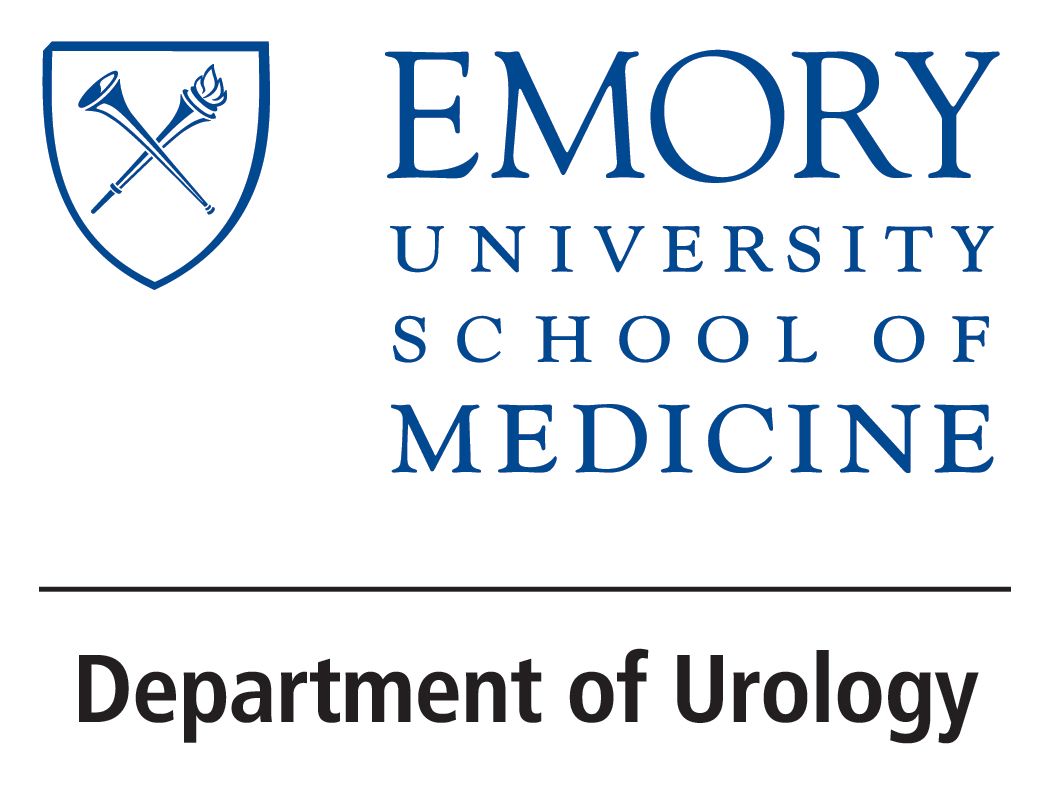
Tania Solomon, PA-C, highlights APP fellowship in urology

“They come out of the fellowship competent and competitive in the field to any urology position that they're interested in,” says Tania Solomon, PA-C, MSc.
In this video, Tania Solomon, PA-C, MSc, highlights the Advanced Practice Provider (APP) Fellowship at Emory Urology in Atlanta, Georgia. Solomon is a physician assistant, the APP lead, and the director of the APP fellowship program at Emory.
In describing the program, Solomon also noted, “Our APP fellows receive competitive compensation—about 75% of the salary of a new graduate hire. [Also, our] APP fellows are eligible for all benefits at Emory, and they are able to bill for patient care (unlike residents).”
Video Transcript:
Could you highlight the APP fellowship at Emory?
We started that back in was probably about 2011. I was working late 1 night, and Chad Ritenour came into my office and said, "I'd like you to start an APP fellowship in urology." So, after my work hours, I started on the curriculum, started on application materials, doing the research, and we had our first APP resident in 2013. We continue to work on developing the program. We're working with other fellowship programs at Emory. We're hoping to get all of our fellowships under 1 umbrella at Emory, instead of just being silos, [and] eventually work towards getting accreditation. We've so far only had physician assistants, but we're going to open up the applications to acute care or acute care certified nurse practitioners as well.
It's a 12-month program. A lot of people will ask, "why would an APP want to take on 12 more months of education for less money when they can just go find a job and get full pay and get training on the job?" I think as good as the NP and the PA programs are, you just can't get as detailed in a lot of the specialties, especially a surgical subspecialty. I think the APPs come out, and they're a little hesitant. They want to work in urology, but they don't feel like they have the knowledge base, and they're just seeking more formal education. I think some employers are a little hesitant to hire new graduates in specialty areas, and it's a growing trend. There's lots of post graduate programs in many areas.
Could you expand on what the fellowship curriculum entails?
We want to train them in broad-based urology—men's health, female urology, oncology, general urology—so that they have that broad base. When you hire somebody, typically, you're going to have maybe a 6, maybe a 12-week onboarding and orientation, and then you put them in their position, in their area, in this small portion that they're going to work in, and you get pigeonholed, if you will. Some people might love [that]. I didn't do a fellowship, so my area of expertise is more oncology and stones, but don't ask me about female urology and some of those other areas. So, we can offer broad-based education.
They're going to be in the OR. They're going to learn to surgical assist. They're going to be outpatient. They're going to be inpatient. They're going to be doing consults on the hospital floor, in the ER. We want them to be comfortable in all areas. They come out of the fellowship competent and competitive in the field to any urology position that they're interested in. We hope that they like us, and we like them, and that we're able to hire them at the end of their fellowship. At Emory, we've grown and expanded since I've started. I've been in urology for 20 years here at Emory. When I started, I was the third APP to be hired ever in the department, and the goal was to have 4. We were just 1 location right here on Clifton, and now we're 4 locations. We've got an APP team of 15, [with] another position posted. We're probably going to add 2, 3 more APP positions. We're the largest surgical subspecialty within surgical services here at Emory. Build it, they will come.
This transcript was AI generated and edited by human editors for clarity.
Newsletter
Stay current with the latest urology news and practice-changing insights — sign up now for the essential updates every urologist needs.






